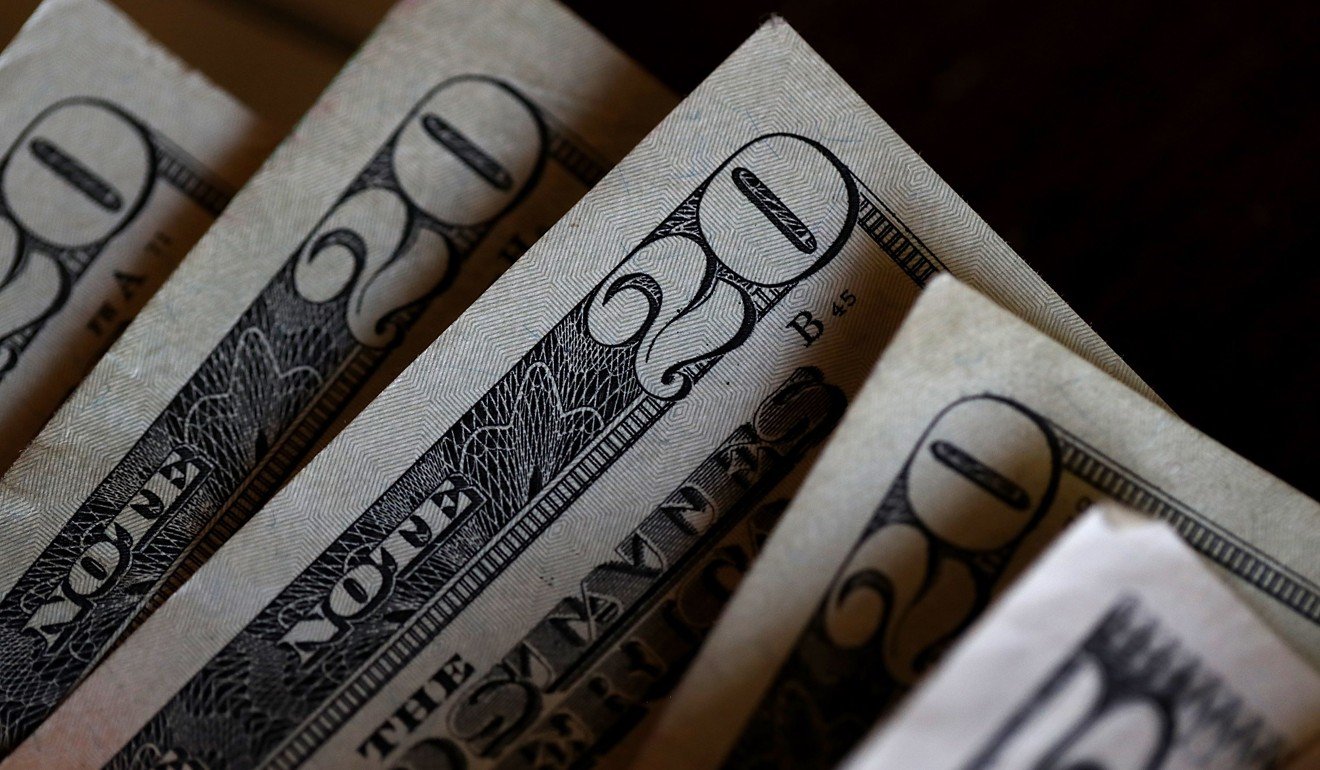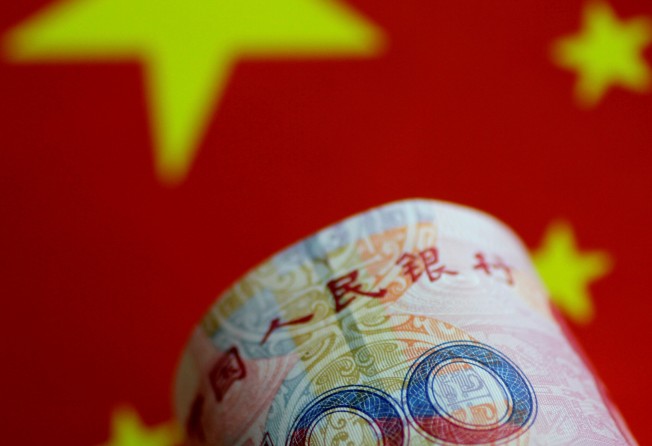
China’s huge currency rally could have further to go, analysts say
China’s yuan has appreciated nearly 2 pc against the dollar this week, against a favourable backdrop and growing bearishness towards the greenback

The Chinese yuan has appreciated nearly 2 per cent this week, driven by bearish US dollar sentiment, China’s tighter capital controls, and investor confidence about Beijing’s resolve to “stabilise” its currency in the lead-up to the 19th Party Congress due next month, analysts say.
The Chinese yuan has appreciated sharply in the past few sessions. On Friday, the onshore rate shot up as much as 0.7 per cent to 6.439 per US dollar, the first time it breached 6.45 per dollar since December 2015. The offshore yuan also touched an intra-day high of 6.444, the strongest level it has seen in 21 months.
So far this week, the onshore rate has risen nearly 2 per cent.
Analysts said the rally was partly driven by heavy selling of the US currency.
“The extremely bearish US dollar sentiment spread over to the yuan market,” said Ken Cheung Kin Tai, senior Asian forex strategist for Mizuho Bank.
The dollar has been under intense selling pressure since Federal Reserve vice chairman Stanley Fischer announced his resignation earlier this week.
On Friday, the dollar index against a basket of six major currencies fell to as low as 91.082, the weakest since January 2015, after the European Central Bank suggested it may start tapering its stimulus programme this autumn.
Dovish comments from Federal Reserve governor Lael Brainard earlier this week also compounded the dollar’s slide, said Lukman Otunuga, research analyst at FXTM, as investors re-evaluated the likelihood of another Fed rate increase this year.
“As the trading month of September gets underway, dollar vulnerability is likely to remain a
dominant theme. Political instability in Washington and fading rate hike expectations will weigh
heavily on the currency,” Otunuga said.

Apart from the US dollar weakness, market participants have been buying the Chinese yuan as a regional safe haven to prepare for a spike in geopolitical tensions in case North Korea launches a missile on its national day on September 9, Cheung from Mizuho Bank added.
The recent yuan appreciation might be driven by China’s tighter management of capital outflows, reduced risk of a large-scale US-China trade war, and improved economic conditions and market sentiment on China, according to UBS analyst Wang Tao.
China’s foreign exchange reserves increased to US$3.092 trillion by the end of August, up US$10.8 billion from the previous month, data from the People’s Bank of China showed Thursday. The reserves were up for 7th straight month.
“Corporates have become more of a net seller of the US dollar in recent months, and the net selling has apparently increased in August,” she said.
Interest rate differentials between China and the US have also widened in recent months.
“Markets now expect the Fed to move very gradually on any further monetary tightening, especially given the persistent lack of inflationary pressure,” Wang said.
In China, regulatory tightening has driven up interest rates and is expected to keep rates elevated.
Positive market sentiment leading up to the 19th Party Congress, which is due to kick off on October 18, may have buoyed the yuan further.
“Given past experiences, the market may expect the yuan to appreciate ahead of major political events,” she said.
Nonetheless, Wang said the surge may be a short-term move, as there are no sufficient grounds for further yuan appreciation in the longer term.
“China’s current account surplus is set to decline notably this year, and more importantly, the recent export strength has come on the back of earlier yuan adjustment and a rebound in global demand, which is not assured in the coming year,” she said.
While China’s capital controls have helped to stabilise outflows, the desire for domestic Chinese investors to diversify into foreign assets is still strong, amid concerns of excessive valuations among domestic assets.
UBS expects the yuan to trade range bound for the rest of the year, reaching 6.5 to 6.6 per dollar by year-end.
For 2018, the Chinese yuan may modestly weaken to about 6.7 against the dollar, the bank said.
Meanwhile, Desmond Soon, Legg Mason’s portfolio manager and head of investment management in Asia, said the Chinese yuan should remain relatively firm on a trade-weighted basis over the next six months, buffeted by China’s large trade surpluses, relatively high economic growth, and interest differentials to other currencies in developed economies.
“With relatively attractive bond yields of 3.5 per cent to 4 per cent, we expect the yuan to be an outperformer in developed Asia local currencies on a total return basis,” he said.